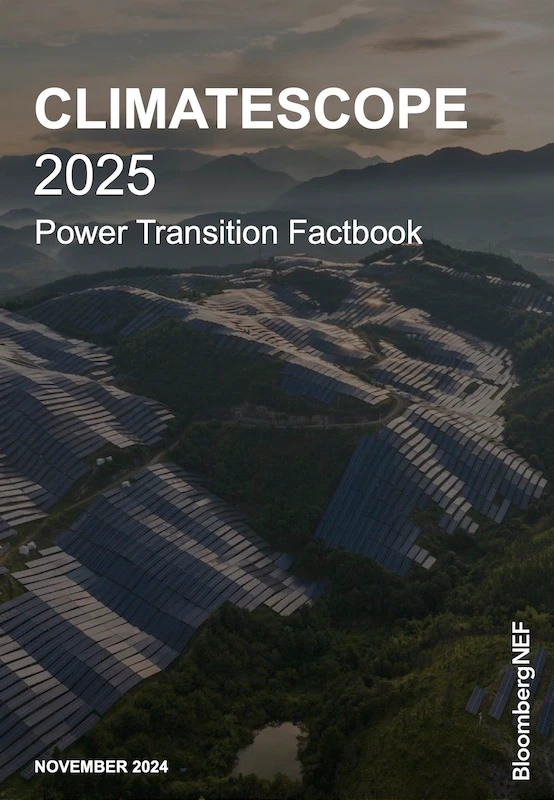Emerging Markets Power Transition Factbook
This is the 14th edition of Climatescope, BloombergNEF’s annual assessment of energy transition opportunities in emerging markets. It highlights how the energy transition is progressing in these markets and how they are harnessing the transition to boost attractiveness to outside investors.
Download the report